At Dnipro State University of Internal Affairs, a program of advanced training for police officers dedicated to modern approaches to conducting polygraph examinations has started for the first time.
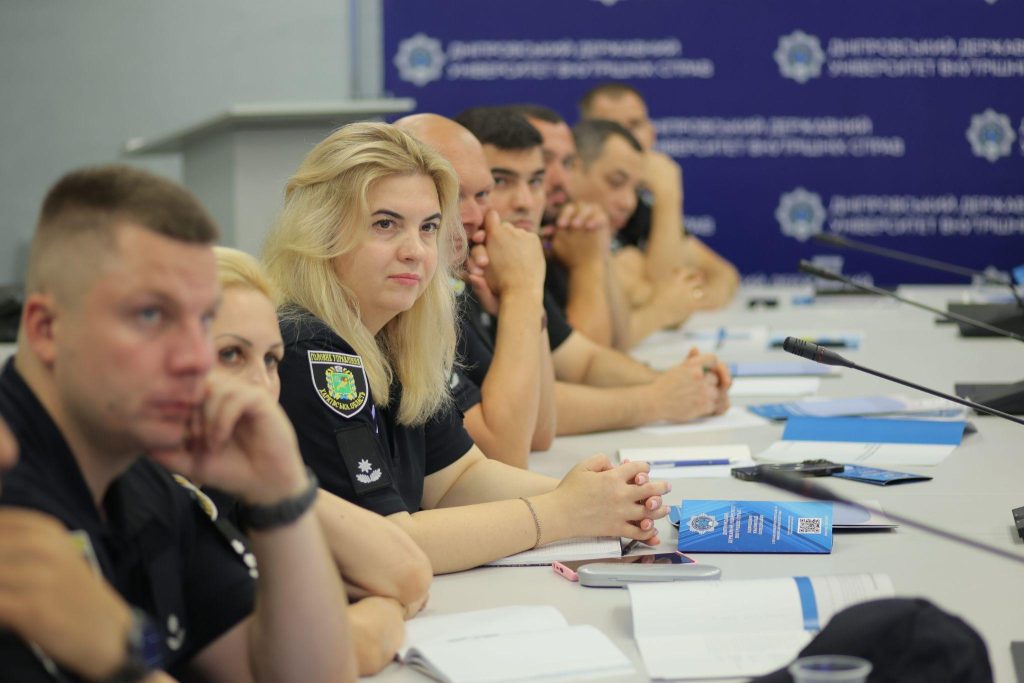
The trainees were greeted by the First Vice-Rector of DSUIA, Ihor Mahdalina. Nineteen of the most experienced polygraph examiners of the National Police of Ukraine are participating in the advanced training. Police officers will master the legal, psychological, technical, and practical aspects of using the polygraph in official activities. Particular emphasis is placed on issues of respecting human rights, using modern communication methods, conducting research in the field of prevention, and ensuring public safety.
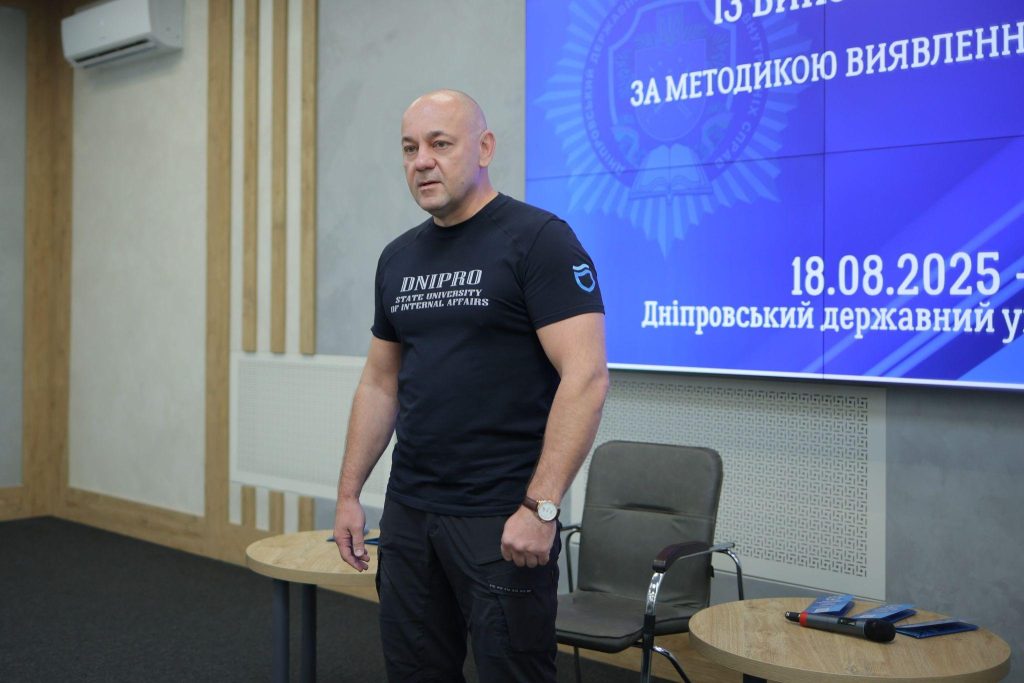
The program includes modeling professional situations, reviewing typical mistakes, and practical development of testing skills. Classes are held in the format of lectures, seminars, and practical trainings with the participation of experienced academics and practitioners.
The teaching staff is represented by the following specialists: Assistant to the Head of the National Police of Ukraine, Lieutenant Colonel of Police Yuliia Volkova; Acting Head of the Laboratory of Psychological, Linguistic, and Other Types of Research of the Dnipro Research Institute of Forensic Examinations of the Ministry of Justice of Ukraine, Anton Shmukin; Associate Professor of the Department of Theory and History of State and Law, Constitutional Law, and Human Rights of the NNI of Training Specialists for Preventive Activity Units of the NPU of DSUIA, Lieutenant Colonel of Police Yuliia Zavhorodnia; Associate Professor of the Department of Criminal Law and Criminology of the Faculty of Training Specialists for Pre-Trial Investigation Bodies of the NPU of DSUIA, Lieutenant Colonel of Police Yuliia Khrystova; Senior Lecturer of the Department of Psychology, Sociology, and Pedagogy of the Faculty of Training Specialists for Criminal Police Units of the NPU of DSUIA, Kateryna Mitchenko.
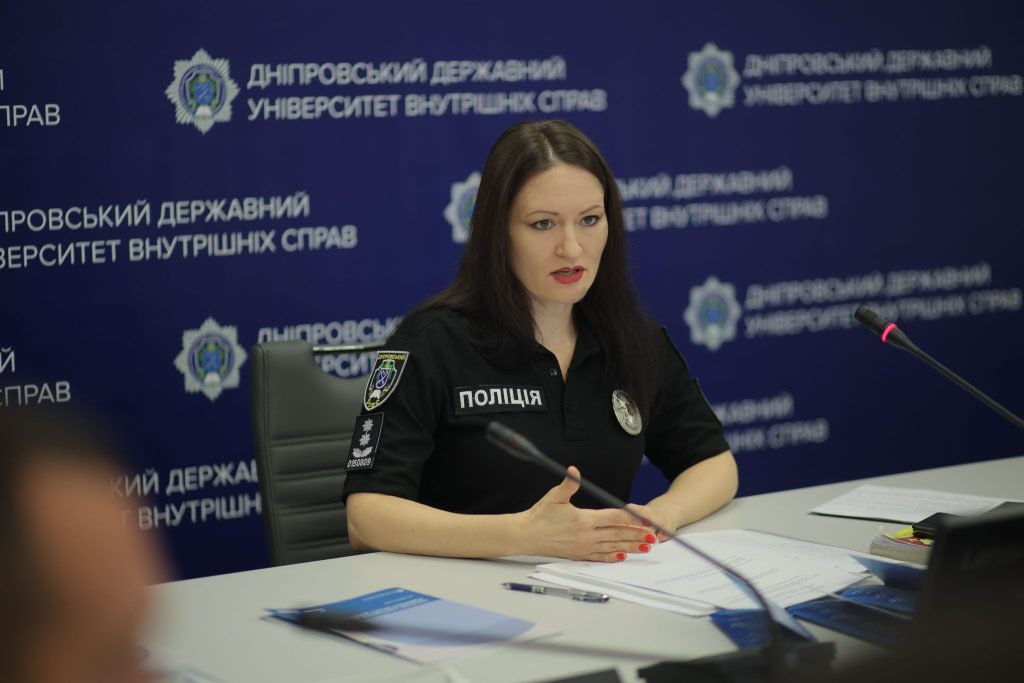
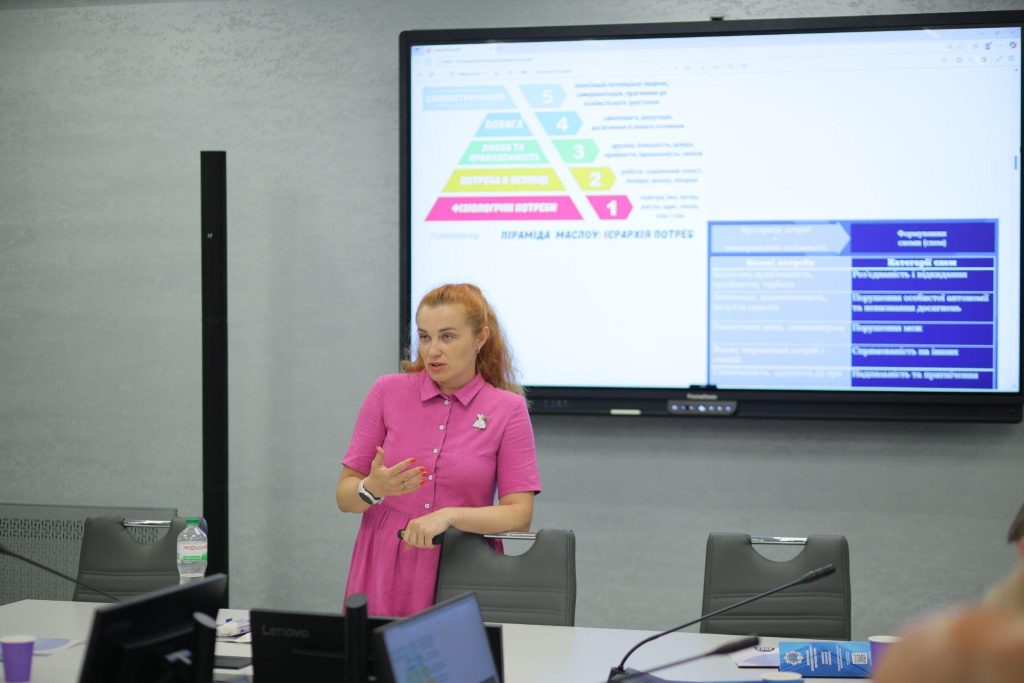
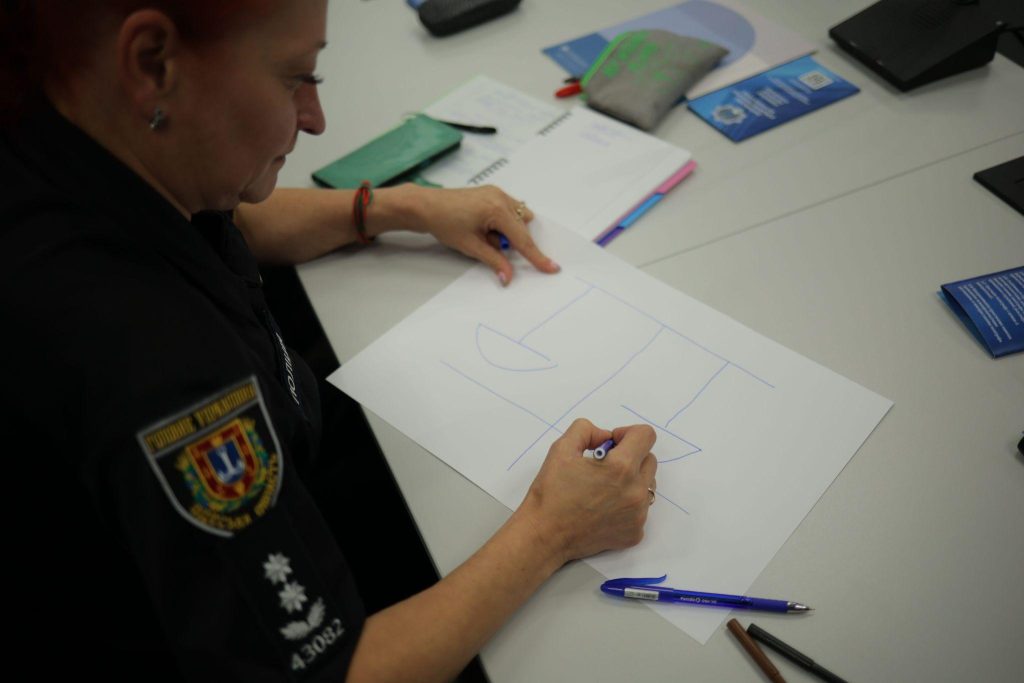

During the course, trainees will acquire competencies necessary for conducting high-quality examinations, analyzing obtained data, evaluating the reliability of statements, and using the polygraph as an auxiliary tool in investigating offenses.
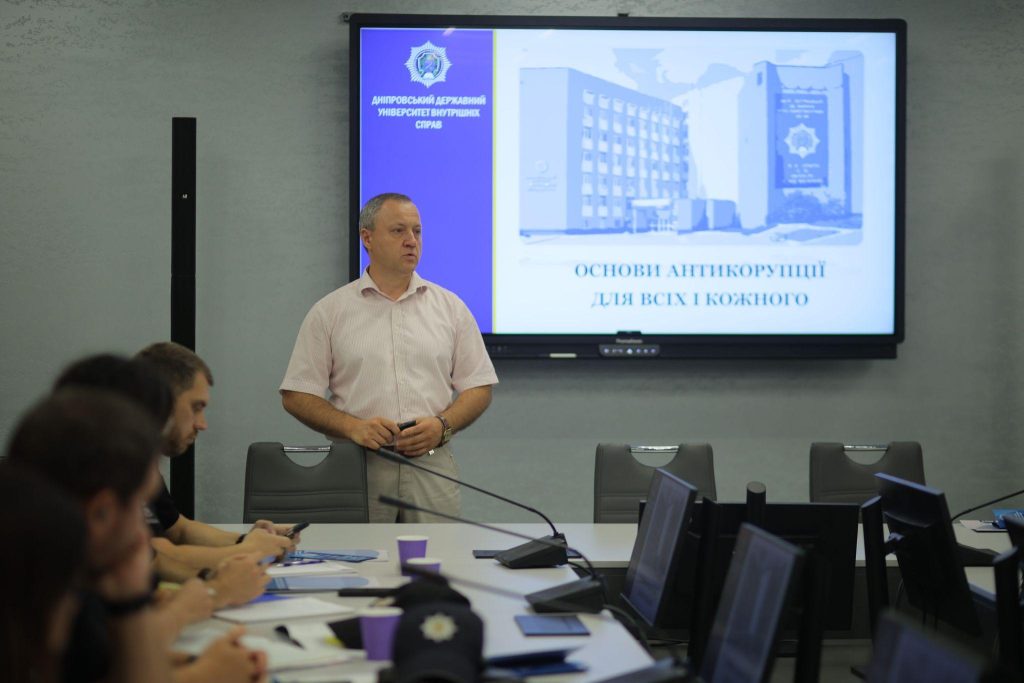
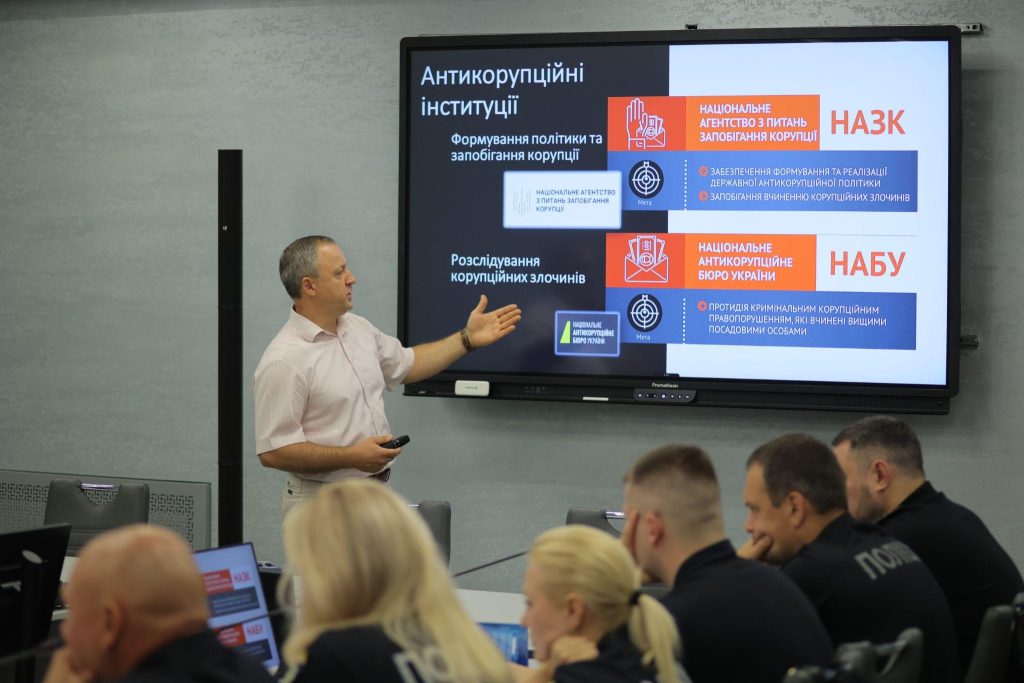
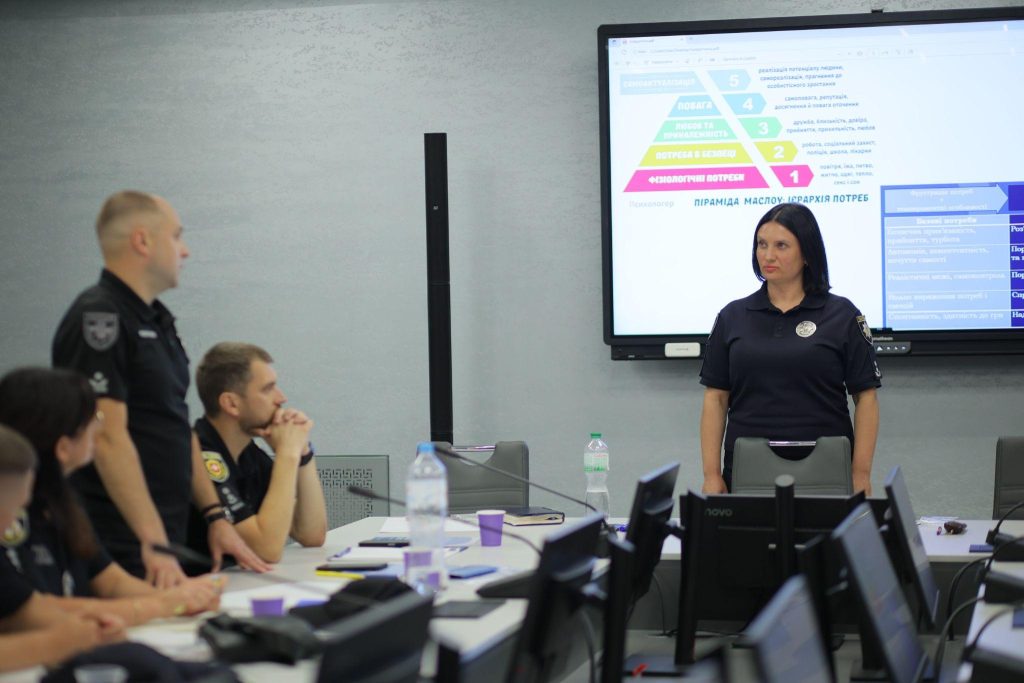
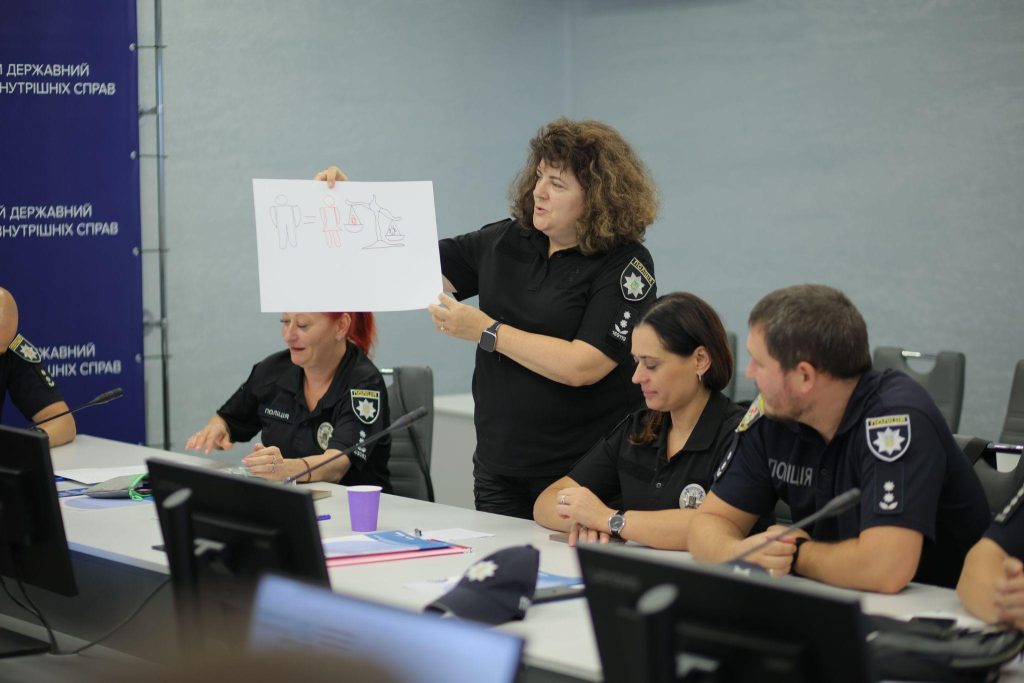
— 335

